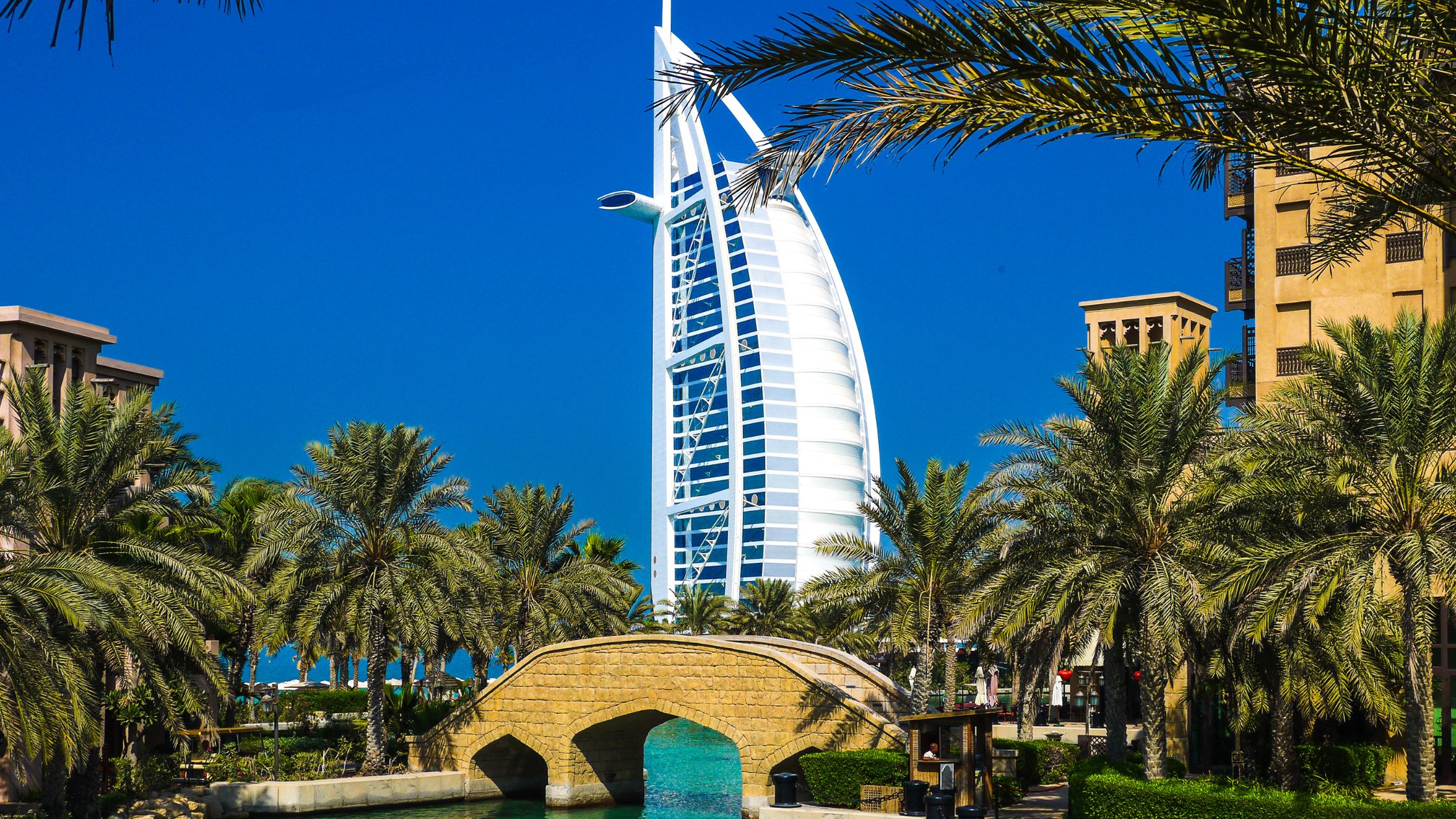These are the hidden wild wonders of Dubai.
Usually regarded as the city of high-rise buildings and richness, Dubai today has fine wildlife in its hands. From the wide stretch of the Dubai Desert Conservation Reserve to the lush green foliage of the Ras Al Khor Wildlife Sanctuary, nature knows no bounds here. Nature buffs from India can spot flamingos, gazelles, and even Arabian oryx. Eco-tourism, that is, a perfect equation between an urban center and the conservation of wildlife, makes Dubai very attractive on this front.
Desert Conservation Activities
This place is pretty inhospitable in weather, and, as a result, Dubai has achieved significant success concerning its native species. A government has set up many reserves to help wildlife thrive. One of the reserves is that of Dubai Desert Conservation. It is 225 sq. km and keeps endangered species inside. These desert conservation practices are an eye-opener for Indian travelers who are used to viewing dense forests and river ecosystems.
Through the Mangroves and the Wetlands
Dubai’s coastal and wetland areas will be the heaven for birdwatchers. The Ras Al Khor Wildlife Sanctuary provides shelter to millions of migratory birds annually, specifically the most famous big flock of greater flamingos. These wetlands are the very lungs of the region, just like the Sundarbuns in India. Kayaking among the mangroves in Abu Dhabi or Dubai lets you become embroiled in these tender yet vital ecosystems.
Zoos and Other Wildlife Experiences
In fact, Dubai offers guided wildlife experiences for the travel enthusiasts who enjoy wildlife but prefer something ecotouristic. The Green Planet, an indoor rainforest, contains exotic species all under one roof while the Dubai Safari Park focuses more on animal conservation and education. Such places will remind Indian nature enthusiasts of eco-friendly parks like the Bannerghatta National Park in Karnataka, where conservation meets tourism.
The Different Ways Tourists Can Contribute Toward Conservation
Every traveler can engage in conservation through responsible tourism. Eco-friendly safaris, respecting wildlife sanctuaries, and avoiding attractions exploitative to animals make every contribution in this regard toward the rich biodiversity of Dubai. Responsible tourism incorporates into the conservation efforts of Dubai just like India’s national parks. For, the future generations need to see these miracles too, which can only be ensured by exploring the nature appropriately.

